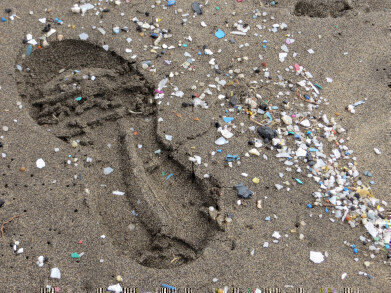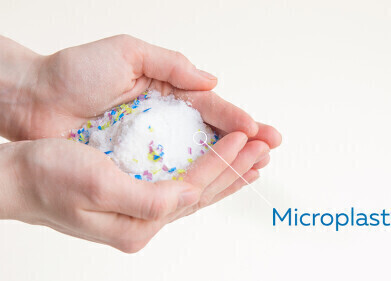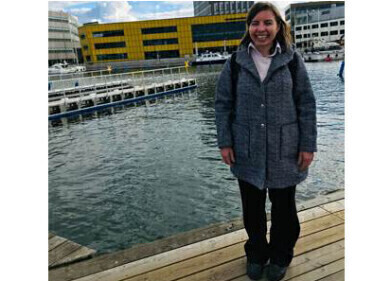Microplastics Analysis
Conducting Microplastics Research?
Sep 13 2017
Scientists performing microplastics research in academia, regulatory bodies or environmental protection organizations, who need to detect, quantitate or identify microplastics (and the pollutants hosted by them) can rely on PerkinElmer’s experience and complete range of innovative solutions. This applies equally to those who measure the biological, genomic and proteomic impact of microplastics on marine bio-organisms and the food chain.
Microplastics in Water
Scientists estimate that nearly 270,000 metric tons of plastic are now dispersed throughout the world’s oceans. In under 50 years, hardly a waterway, river, pond or life form anywhere is free of petrochemical plastics. Nowadays, in any neighborhood the scenery is dotted with plastic bottles, bags, and, on closer inspection, tiny particles representing virtually every facet of the plastics’ spectrum, including microbeads.
Unlike larger plastic items littering the globe, ensnaring everything from sea turtles, dolphins, otters, and even whales, microbeads are potentially even more lethal. They are tiny polymeric particles which are added to creams, soaps and toothpaste as exfoliants and to clothes to provide sheen. Their size allows them to easily enter the drain, and pass undisturbed through filtration plants, and into waterways and oceans by the trillions each year.
As pressure to ban microbeads gains momentum around the globe, one obvious question is: how can we identify, quantify and characterize microbeads and their environmental and biological impacts.
Solutions For Microplastics Research
- Identification And Quantitation: Ian Robertson, a scientist at PerkinElmer, says that microbeads are non-biodegradable and identifying each microscopic piece of plastic in our food and water can be challenging. "Microbeads have their own unique signatures that require positive identification”, Robertson says, and the primary analytical technique for their identification is infrared (IR) spectroscopy. PerkinElmer is the global leader in IR technology offering a family of instruments including the Spotlight™ 400 IR microscopes and the portable Spectrum Two™ IR . With ready-made protocols and a microplastic materials library, these are already the instruments of choice among key-opinion leaders and researchers performing identification and quantification of microplastics.
- Impact On The Marine Eco-System And Food Chain: We know that microplastics concentrate pollutants such as pesticides which are ingested by marine organisms and passed up the food chain. Chromatography, mass spectroscopy, thermal analysis and ICP are established technologies to identify the persistent organic and inorganic pollutants.
- Impact On Bio-Organisms Including Humans: It’s now clear that we simply don’t know how damaging microplastics may be to reproduction, growth and immune response of bio-organisms in the marine food-chain. Crucially, we don’t know how humans may be affected. Such research demands cellular and tissue imaging, multispectral assay technologies, gene sequencing and proteomic tools. Thus, with PerkinElmer’s expertise in these areas, combined with our solutions both for microplastic identification and measurement of the pollutants accumulated on them, PerkinElmer provides a unique understanding of the entire microplastics research workflow.
Watch on demand webinar “Microplastics in Rivers and the Marine Environment: Detection and Identification using ATR-IR and Automated IR Microspectroscopy.”
Read the story “Rethinking Our Microplastic World” and learn more.
Digital Edition
IET 34.2 March 2024
April 2024
Gas Detection - Biogas batch fermentation system for laboratory use with automatic gas analysis in real time Water/Wastewater - Upcycling sensors for sustainable nature management - Prist...
View all digital editions
Events
Apr 30 2024 Melbourne, Australia
Apr 30 2024 Birmingham, UK
May 03 2024 Seoul, South Korea
May 05 2024 Seville, Spain
May 06 2024 Minneapolis, MN, USA

-and-Müfide-Aydoğan-Ahbab-(right)[1].jpg)

















